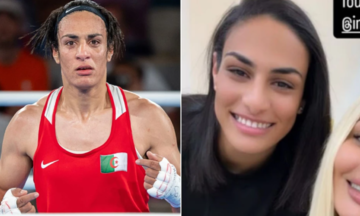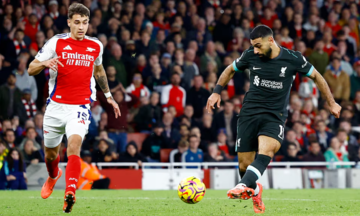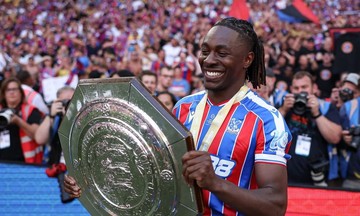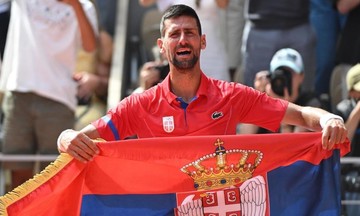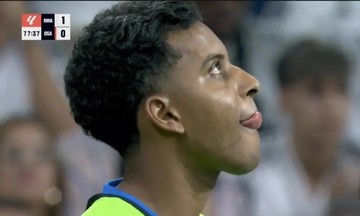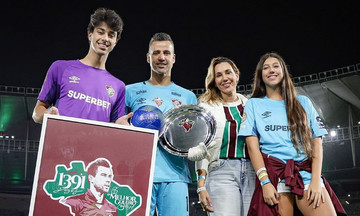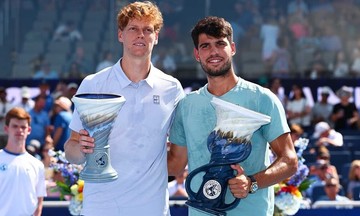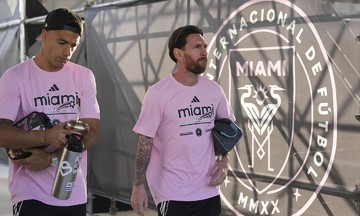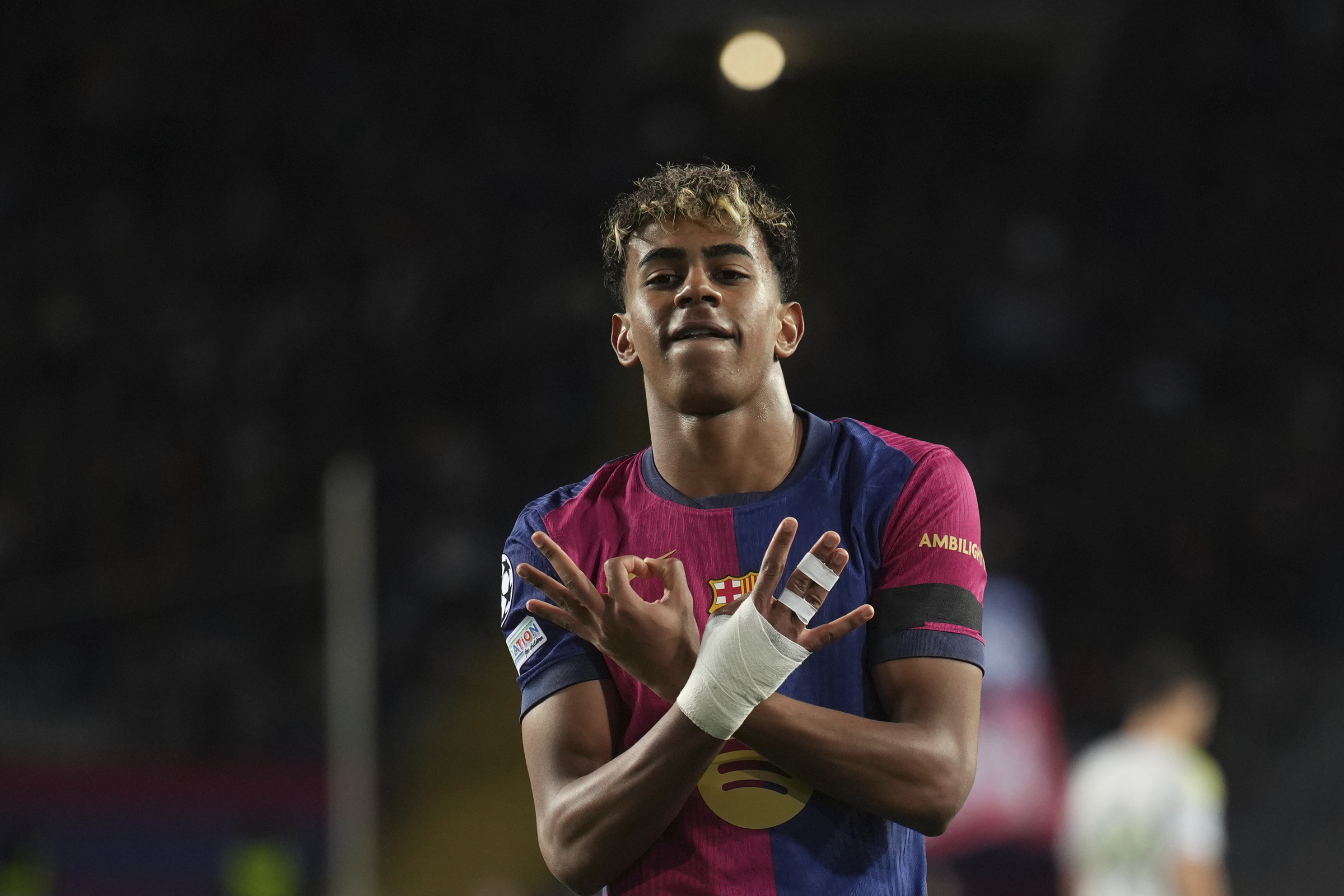 |
Yamal celebrates after scoring a goal for Barca against Benfica in the Champions League round of 16 at the Montjuic Stadium in Barcelona, Spain, 11/3/2025. Photo: AP |
Recently, Ana Redondo, Spain's Minister of Equality, stated that Lamine Yamal "is a role model" for young people and "must be held accountable" after he hosted a birthday party that included hired little people for entertainment.
This statement was made in response to Lamine Yamal's own declaration during his presentation of the number 10 shirt and new contract signing with Barca. The young Spanish star defended his right to privacy, asserting that he has the right to do what he wants in his private life and enjoy himself as he sees fit. He told Catalan radio, "I work for Barca, I play for Barca; but when I leave Ciutat Esportiva (the team's training center), I enjoy my own life, that's all".
The latest developments in this case have sparked a long-standing debate in the sports world: should famous athletes be held morally accountable in their personal lives simply because they are role models for young people?
Jose Luis Perez Trivino, Professor of Legal Philosophy at Pompeu Fabra University (Spain) and Editor-in-Chief of the journal Fair Play – Philosophy, Ethics and Sports Law, analyzed in an article in El Pais that two different aspects need to be distinguished when considering the image of an athlete as a role model: their behavior on the field during competition and their conduct in their personal life.
Regarding the first aspect, namely sports competition, there is almost no debate about the exemplary nature of athletes. Iraqi activist and Nobel Peace Prize winner Nadia Murad said in an interview, "It is very important for young people to know Messi and other players... they bring joy. I hope young people see them as role models...".
According to Murad, this exemplary role is especially meaningful in contexts where young people are easily influenced by extremist ideologies: "When young people see athletes as role models, they will stay away from joining organizations like IS". Therefore, it is natural to require athletes to behave in an exemplary manner on the playing field. Respect for the rules, sportsmanship, effort, and resilience are universal values that athletes convey directly through their professional performance.
The playing field is, after all, an extension of work, and like any professional, they are expected to perform their jobs with professional ethics and respect for the audience.
On this point, according to Professor Jose Luis, there is little room for ambiguity: the public actions of athletes are part of the performance, witnessed by the public and shaping social perceptions of justice, teamwork, or violence.
However, when considering the second aspect, namely personal life, questions begin to arise. Can society require athletes to be morally exemplary in an area that belongs to their privacy? According to Professor Jose Luis, the debate here is more complex and raises at least three main issues.
First, there is a liberal view that no one is obligated to live more "virtuously" than others just because they are famous. Private life is, in essence, a space where everyone has the right to act according to their own beliefs and desires, as long as they do not break the law. As Yamal said, "In my personal life, I do what I want". This position is tied to the basic concept of personal autonomy, which is not abolished just because a person becomes famous.
Second, it is necessary to ask whether it is fair to require an 18-year-old to be morally exemplary. At this age, it is difficult for a person to have enough time or maturity to fully understand the role of a role model for an entire generation. This is especially true for athletes, who often live in a "bubble" due to the specific nature of their profession. Society's idealization of idols can lead to placing unrealistic and unfair expectations on them.
Third, in an increasingly diverse and pluralistic society, aesthetic, social, and even moral standards also become different. What one group of people considers morally inappropriate may be merely a legal or even trivial act for another group. In this context, requiring an athlete to represent a specific moral ideal is not only excessive, but also risks leading to broader impositions: from how they have fun, the music they listen to, the style they choose, to the friends they make. The danger of imposing exemplary responsibility on athletes is forcing them to sacrifice their personal freedom for standards that are not necessarily agreed upon.
Finally, Professor Jose Luis concluded: It is desirable for athletes to comply with legal obligations and behave according to certain moral standards, because their influence on young people is enormous. However, turning this expectation into a legal or moral requirement can place a burden on them that many of them are not prepared to bear, and this can have undesirable consequences for their personal development.
According to him, instead of threatening with legal measures or demanding responsibility, Spanish sports agencies such as the National Sports Council (CSD), the Spanish Olympic Committee (COE), federations, and clubs should play a more active role in educating and raising awareness about the meaning of being an athlete and the social impact they can have.
Hoang Thong (according to El Pais)



